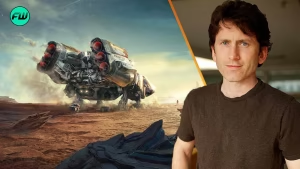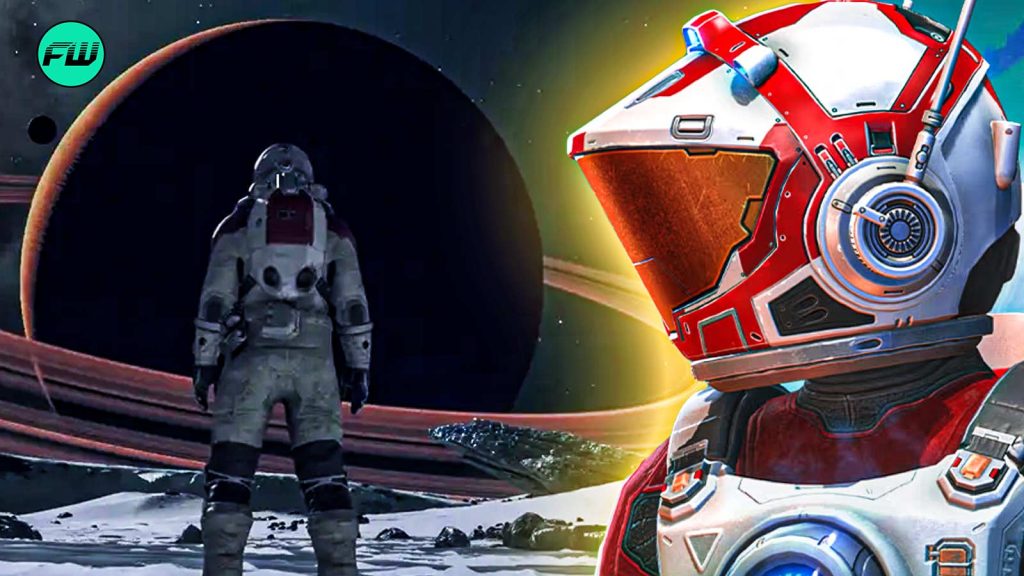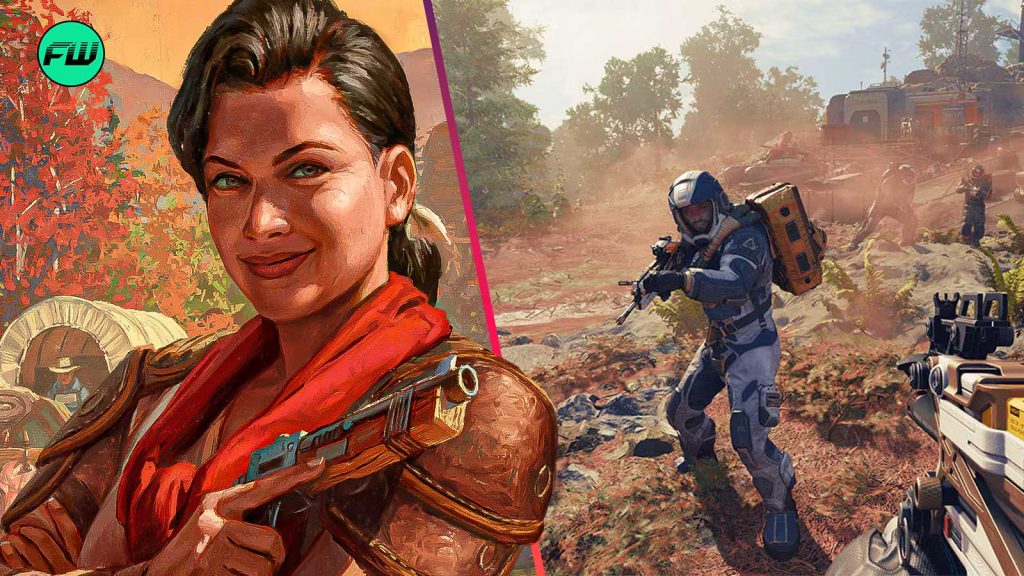“We didn’t have to start from the ground up”: Bethesda Dev Who’s Defending Why Starfield is Nothing Like Elder Scrolls V Needs a Reality Check from Todd Howard
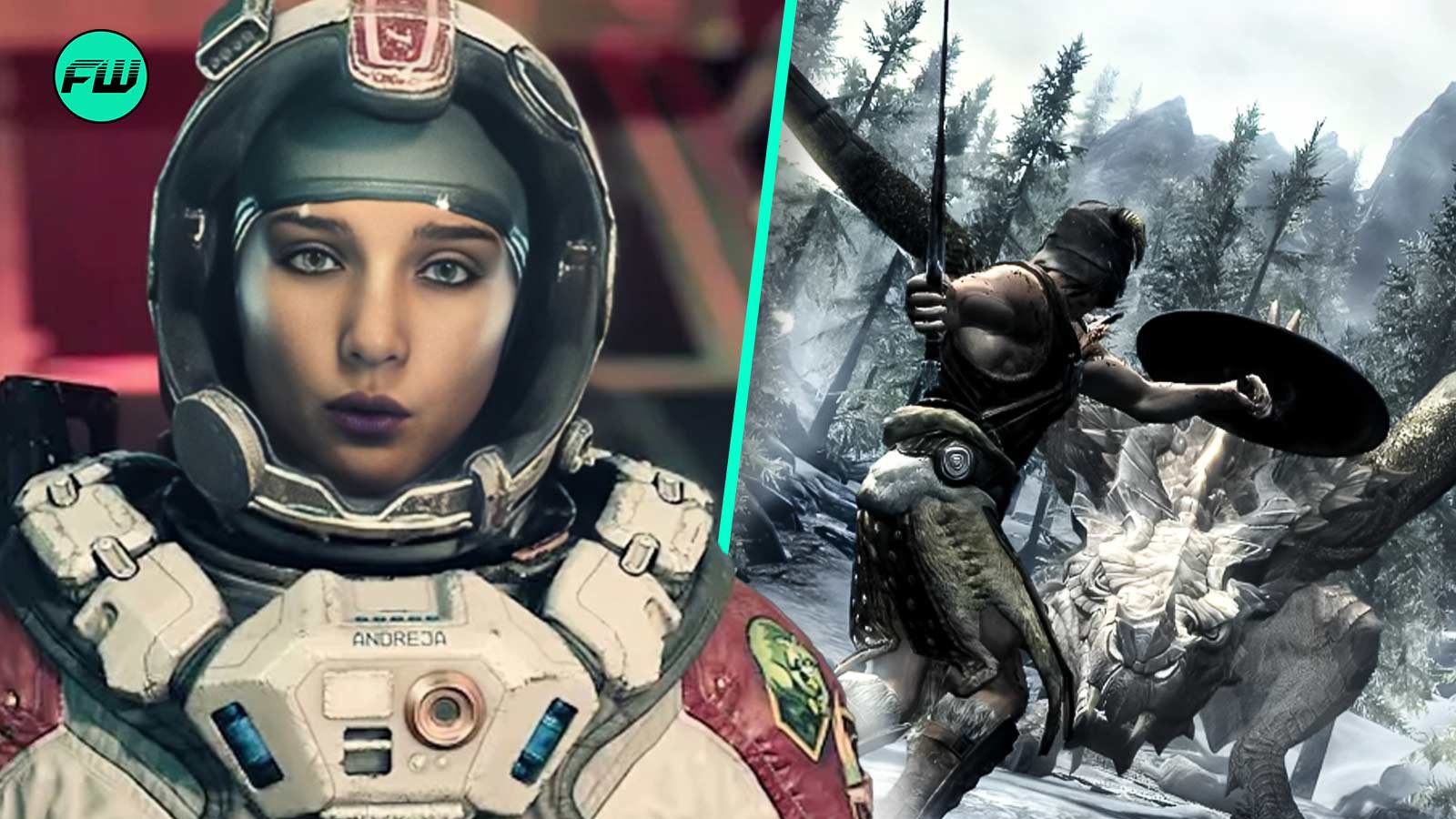
It shouldn’t come as a surprise to anyone that Starfield’s launch and subsequent updates have been a colossal disappointment. With this title, people expected Bethesda to be at its most transformative, but in the end, they found themselves met with all-too-familiar mechanics and ambitious but unfulfilled promises.
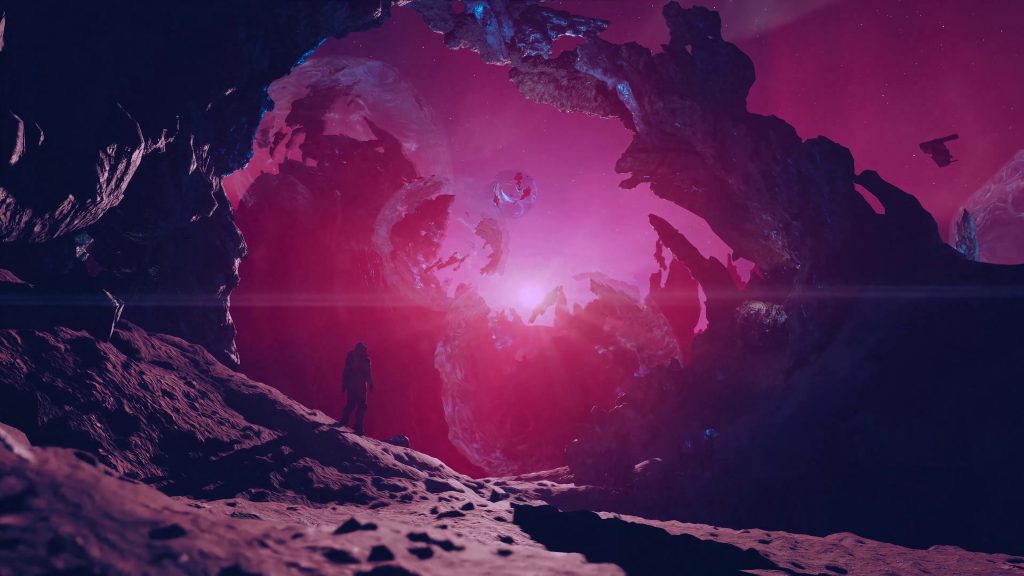
In what sounds like overly optimistic self-praise, however, it seems that some at Bethesda continue to believe that this title represents the studio’s most innovative work yet, claiming that it’s a fresh IP separate from all previous titles. If we’re being honest, these claims seem a little too far-fetched.
Starfield Is No Different From Skyrim in Terms of Game Design
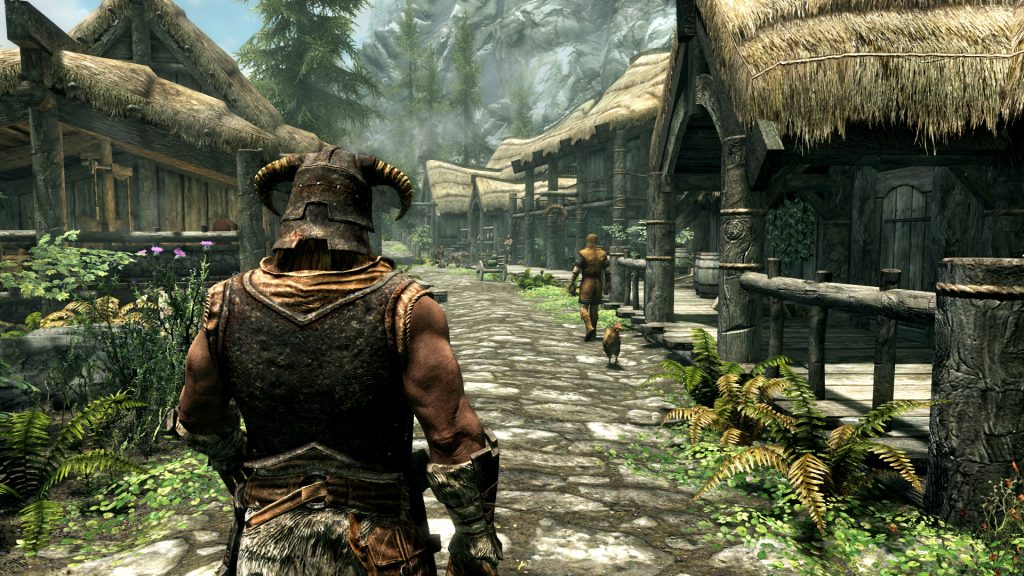
So here’s the thing—Starfield’s game design is built using Bethesda’s now well-worn RPG formula, something that they’ve been milking and barely iterating on for nearly two decades at this point.
You still need to rely on loading screens, the dialogue trees barely make much difference, and you explore a world that, although expansive in scale, is shallow in depth. The funny part is how you can easily describe all of BGS’s RPGs this way, but all of them, other than this game, had something more to offer as well.
You see, it simply lacks that “Bethesda magic,” featuring questlines that feel superficial, writing that lacks any semblance of depth and feels safe, and exploration that doesn’t feel half as rewarding as clearing a dungeon in Skyrim.
So when the game’s designer Bruce Nesmith stated the game was built from the ground up, “unlike Skyrim,” and likened it to the rough starts of franchises like Mass Effect and Assassin’s Creed, his comments felt more hypocritical and borderline delusional than accurate.
At the expense of sounding a little rude, his statement on the matter sounds more like an excuse than anything. It’s as though the title is being given a pass within the studio because it’s the first entry in a franchise “showing flashes of brilliance” that will supposedly lead to greatness in later sequels.
The comparison to Mass Effect and Assassin’s Creed also feels disingenuous, as both those games were genuinely innovative games in their time, each pioneering new mechanics like Social Stealth and storytelling methods.
Starfield, in contrast, feels redundant—even by the company’s standards. Rather than evolving, it seems Bethesda is clinging to a formula that, while beloved in its prime, started showing its age by the time Fallout 4 came out.
Considering that, Nesmith’s claim that the second or third entry in the series will be “one hell of a game” rings hollow, given that the current title hasn’t even met players’ expectations for the one reason that Bethesda refuses to work on. It’s optimism that sounds like damage control more than anything, urging fans to invest in an idea of a game that BGS has yet to truly deliver on.
Shattered Space Is Only Further Proof That Bethesda Just Refuses to Change
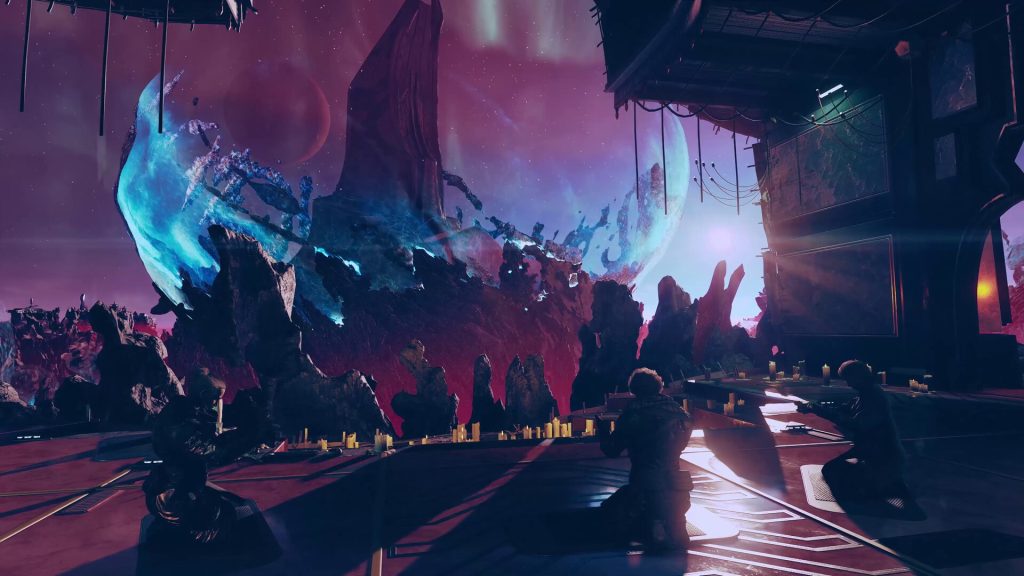
All this, and we haven’t even touched on the game’s first DLC. Touted as a must-have for fans who already enjoy the base game, but it’s still the same-old tale: if you liked the base game for all it got right, you’ll have a good time—and if you’re expecting it to break new ground, prepare to be underwhelmed.
The problem with the DLC is that it feels more like a filler episode than a fresh chapter. It’s as if Bethesda, rather than pushing for something genuinely ambitious, is banking on players’ patience while giving them more of the same.
It might sound insane, but Shattered Space isn’t so much a new experience as it is an extension of what we’ve seen before in Starfield, which, in terms of game design, is basically an extension of The Elder Scrolls IV: Oblivion.
BGS might claim that they’re exercising their creative muscles with this game, but it’s hard to see past what’s so blazingly obvious. So, if they’re serious about turning Starfield into a tent-pole of sorts, they’ll need to re-evaluate what building something “from the ground up” really means. It’s time to show, not just say.
But, with all that said, what are your thoughts on Bruce Nesmith’s comments? Do you think Starfield is as different as he claims it to be? Let us know in the comments below!
This post belongs to FandomWire and first appeared on FandomWire
